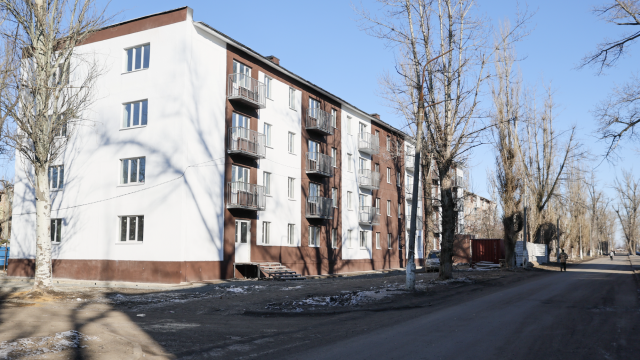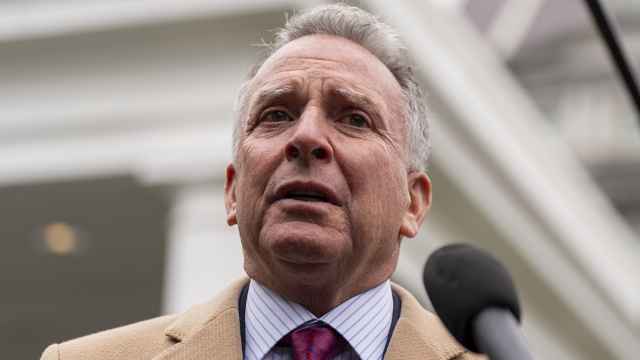The European Union on Monday added top Kremlin-linked oligarchs and Russian President Vladimir Putin's spokesman to its sanctions blacklist as part of its latest round of punishment over the Ukraine invasion.
The bloc targeted some of the key moneymen accused of backing Putin's regime in response to his ordering Russian forces into Russia's pro-Western neighbour last week.
Among the high-profile names were close Putin allies Igor Sechin, head of state oil giant Rosneft, and Nikolay Tokarev, boss of pipeline mammoth Transneft.
Three men ranked within Russia's 10 top richest by Forbes were also added: metals magnate Alexei Mordashov, tycoon Alisher Usmanov, and businessman and Putin friend Gennady Timchenko.
In addition there were also top bankers Mikhail Fridman and Petr Aven.
Plus there was Sergei Roldugin, a cellist and long-time Putin confidante accused of "'shuffling' at least $2 billion through banks and offshore companies as a part of Putin's hidden financial network".
"With these additional sanctions, we are targeting all who are having a significant economic role in supporting Putin's regime, and benefit financially from the system," EU foreign policy chief Josep Borrell said in a statement.
"These sanctions will expose the wealth of Putin's elite. Those who enable the invasion of Ukraine will pay a price for their action."
Beyond the top businessmen, the EU said it was also targeting key propagandists.
Most prominently these included Putin mouthpiece Dmitry Peskov, a central figure in what the West sees as the Kremlin's disinformation machine.
Also on the list were the ministers for housing, tourism and transport as well as senior military commanders accused of involvement in the Ukraine campaign.
Putin himself and his foreign minister were also recently subjected to asset freezes as the EU batters the Kremlin with sanctions.
More wide-sweeping measures, including prohibiting transactions with Russia's central bank, have helped send the Russian economy in turmoil.
A Message from The Moscow Times:
Dear readers,
We are facing unprecedented challenges. Russia's Prosecutor General's Office has designated The Moscow Times as an "undesirable" organization, criminalizing our work and putting our staff at risk of prosecution. This follows our earlier unjust labeling as a "foreign agent."
These actions are direct attempts to silence independent journalism in Russia. The authorities claim our work "discredits the decisions of the Russian leadership." We see things differently: we strive to provide accurate, unbiased reporting on Russia.
We, the journalists of The Moscow Times, refuse to be silenced. But to continue our work, we need your help.
Your support, no matter how small, makes a world of difference. If you can, please support us monthly starting from just $2. It's quick to set up, and every contribution makes a significant impact.
By supporting The Moscow Times, you're defending open, independent journalism in the face of repression. Thank you for standing with us.
Remind me later.






